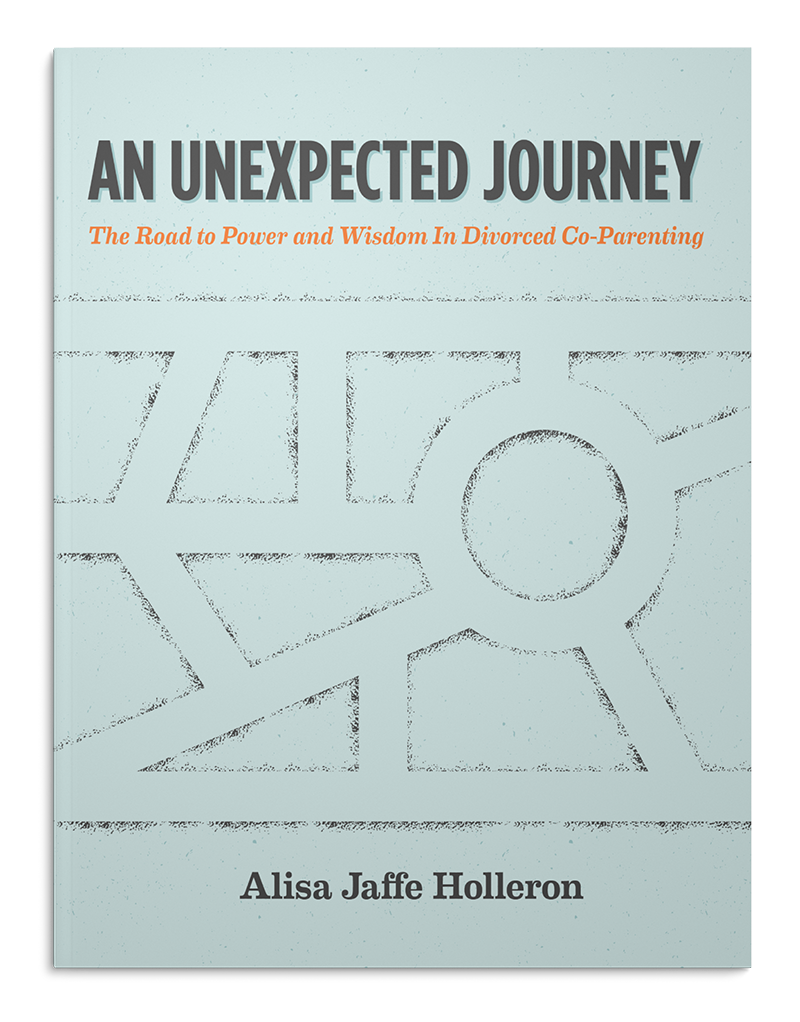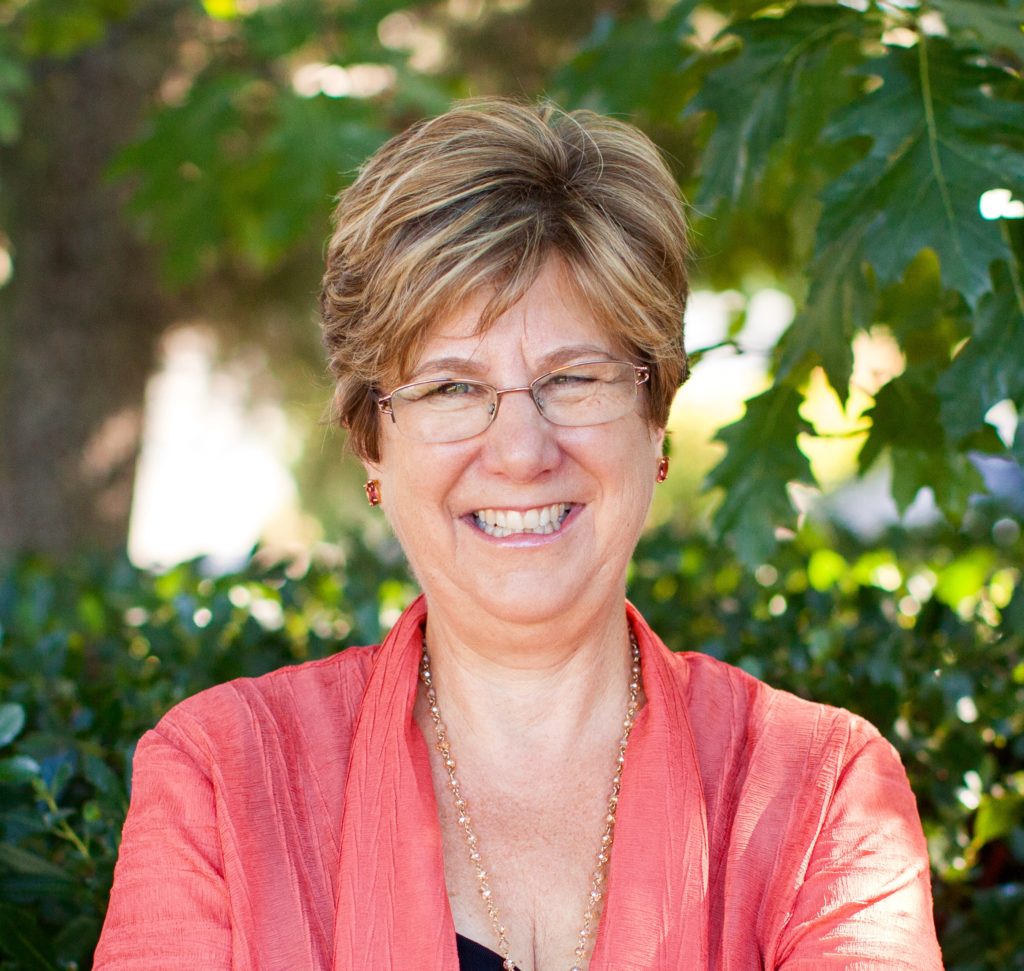Mindfulness is an amazing tool that can be extraordinarily helpful in co-parenting. Here are just a couple of the many ways divorced co-parents need mindfulness.
-
- Mindfulness helps co-parents stay in control of emotions that unchecked can cause a lot of trouble! When co-parents act out of their emotions, they tend to behave in ways that are not in their own best interest, or the best interest of their children.
- Mindfulness helps co-parents stay present with themselves so that we can be present (attuned) to their children. We now know that being present to children is one of the most important factors in healthy development.
What is Mindfulness?
Mindfulness is the deliberate attempt to pay attention to our present moment experience. When we are mindful we are observing our feelings, thoughts and physical sensations. It is like we have a very friendly and loving little detective or scientist on our shoulder saying “Hmm, now I am feeling angry, and now I am noticing that I am feeling anxiety in the pit of my stomach.”
When we are able to notice how we are feeling in the moment, we have more control over whether we are going to act out of that feeling. For instance, if we are aware that we are angry, and noticing our anger, we are probably in control enough to not unthinkingly lash out. This is very different than being consumed by our anger and acting out of it without awareness.
In emotionally reactive states, the part of our brain that has the ability to reason, be rational and exercise judgment is basically turned off. When we attempt to bring ourselves into mindfulness, we engage those parts of our brain. The more we can be mindful and not act out when we are in a negative emotional states, the more we will be able to exercise good judgment and not behave in a way that we will later regret. It may not be easy, but IT IS possible!
When we are in emotionally reactive states, we cannot be attuned to our children. We focus all of our energy on the event that triggered our emotional response and lose the ability to contemplate the impact of our actions on others INCLUDING OUR CHILDREN. We become completely single-minded. We are not attuned to anyone, INCLUDING and MOST IMPORTANTLY OUR CHILDREN.
When we are not attuned to our children it is impossible to know what they need. When we stay in emotionally reactive states we never really understand what our children need or what they really experience. We imagine that what WE need is what THEY need. Mistaking our needs for our children’s needs when we are in emotionally reactive states is the biggest and most harmful mistake we can make.
When we get out of our own emotional reactivity, we can become attuned to our children. In order to be attuned to them, we first have to cultivate an acute awareness of our own experience. It is amazing to realize that a majority of the time, we are on autopilot; we have very little idea of how we are feeling, what we are thinking or how we are experiencing the world in any given moment. When we are on autopilot, it is like we are being driven, instead of being the driver. We do not have the ability to be truly present with our children and we lose our ability to take control because some automatic state controls us. The automatic state is basically old unconscious habitual patterns of behavior and reactivity that have become deeply ingrained in us.
Mindfulness is a technique used to bring ourselves into the present so that we are not on autopilot. When we are mindful, we are attuned to ourselves, and when we are attuned to ourselves we can be attuned to our children. When we are mindful, we have more control over how we act when we get in emotionally reactive states.
Divorced co-parents need mindfulness because when we are in emotionally reactive states, we cannot be attuned to our children. We focus all of our energy on the event that triggered our emotional response and lose the ability to contemplate the impact of our actions on others INCLUDING OUR CHILDREN. We become completely single-minded. We are not attuned to anyone, INCLUDING and MOST IMPORTANTLY OUR CHILDREN.
Divorced co-parents need mindfulness because when we are not attuned to our children it is impossible to know what they need. When we stay in emotionally reactive states we never really understand what our children need or what they really experience. We imagine that what WE need is what THEY need. Mistaking our needs for our children’s needs when we are in emotionally reactive states is the biggest and most harmful mistake we can make.
When we get out of our own emotional reactivity, we can become attuned to our children. In order to be attuned to them, we first have to cultivate an acute awareness of our own experience. It is amazing to realize that a majority of the time, we are on autopilot; we have very little idea of how we are feeling, what we are thinking or how we are experiencing the world in any given moment. When we are on autopilot, it is like we are being driven, instead of being the driver. We do not have the ability to be truly present with our children and we lose our ability to take control because some automatic state controls us. The automatic state is basically old unconscious habitual patterns of behavior and reactivity that have become deeply ingrained in us.
Mindfulness is a technique used to bring ourselves into the present so that we are not on autopilot. When we are mindful, we are attuned to ourselves, and when we are attuned to ourselves we can be attuned to our children. When we are mindful, we have more control over how we act when we get in emotionally reactive states.
How do you practice Mindfulness?
In order to become mindful, the first thing you do is notice that you are not being mindful. When you take notice of that, bring yourself to mindfulness by noticing your breath. Focusing on your breathing brings you solidly into the present moment and has the added benefit of calming you down. Notice yourself breathing in and notice yourself breathing out. Do not try to control your breath, simply notice it. Notice if it is shallow or deep. Notice where your breath goes. Notice it going in through your nose and into your lungs and then perhaps down into your stomach.
Next, take notice of how you are feeling in your body. Pay attention to your bodily sensations. Are you tense? Where? Do you feel any pain? Where? What does the pain or tension feel like? Notice how you are feeling emotionally. Are you angry, sad, anxious, resentful? Are your emotions connected to your bodily sensations?
Now, notice what kinds of thoughts you are thinking. Watch the thoughts come and go. Notice if you are judging yourself and the feelings and thoughts that you are having. You may want to try labeling the things you notice about your present moment experience. For instance, if you feel angry, you may want to think to yourself: “anger, anger, anger.” Or if your angry thoughts are out of control, you may want to think to yourself: “angry thoughts, angry thoughts.”
When you are attempting to be mindful, you will inevitably drift out of mindfulness. That is natural and normal. When you notice that you are no longer being mindful, simply bring yourself gently back to mindfulness by refocusing on your breath.
Mindfulness is non-judgmental. We tend to harshly judge ourselves. It is actually very difficult to simply observe ourselves without judgment. We think we shouldn’t feel certain ways or do certain things, and then we beat ourselves up for how we feel or what we do. Notice the judgments you make about yourself from a more compassionate point of view. In other words, notice that you are judging yourself, and notice that the part of you that is noticing that fact is not judging. It is important to find a part of yourself that is simply observing and noticing, not judging. That part of you is not reactive, and that is the part you want to learn to step into more and more.
Remember that being mindful helps us be attuned to ourselves, and when we are attuned to ourselves we can become attuned to our children. THE MOST IMPORTANT THING WE CAN DO FOR OUR CHILDREN IS GIVE THEM OUR FULL ATTENTION! Even if the amount of time that we have with them is small, the time that we have with them can be powerful if we are attuned to them. If we waste the time we have with them being mad at our ex, we are doing our children a disservice. We must not fool ourselves into thinking that the time we spend obsessing about our ex is somehow benefitting our children. It isn’t.
Mindfulness meditation
Mindfulness is a state of mind that is cultivated in the moment. Mindfulness meditation is a practice that helps us cultivate mindfulness so that we will be more skilled in it during our everyday life. The more skilled we become, the more we will be able to access mindfulness during the difficult moments of our lives. Click on the following video for a fifteen minute guided mindfulness meditation.




